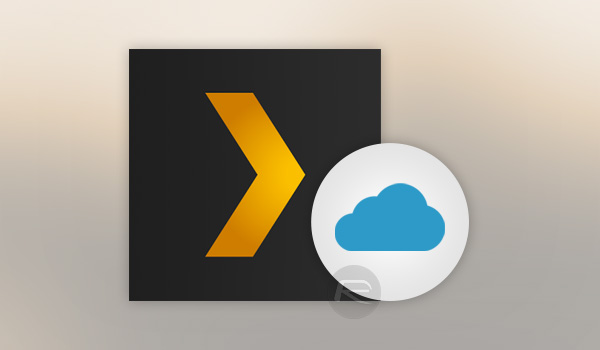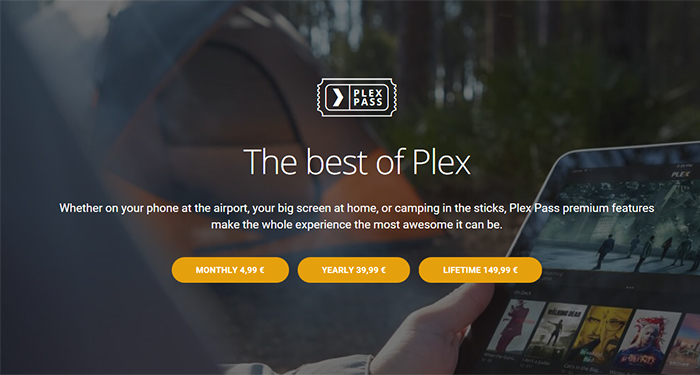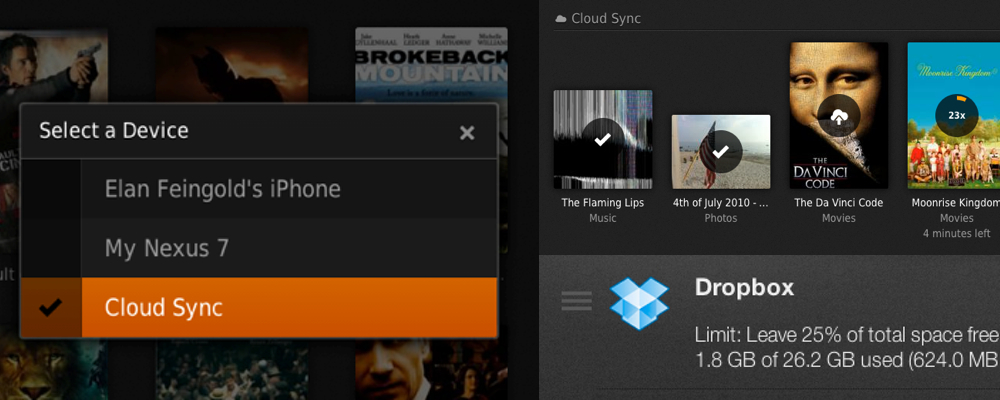



Once installed, we need to add a cloud storage service to rclone’s configuration. I know I said “install and configure”, but since it’s very straightforward I will actually skip the installation guide and suggest you to read the rclone installation guide and come back here when you’re done. This is working for me but might not work at all for you. Please note that this is not meant to replace an incremental backup system (even if it does offer some kind of fallback for deleted files) if you need that functionality, I suggest you to use a specific solution like Arq.ĭisclaimer: I take no responsibility for lost files or unwanted behavior. This guide is for Mac users, but can be easily adapted for Windows or Linux with little tinkering. The Plex Cloud beta will add features over time, but initially it won't support some Plex features such as offline sync and DVR capability.In this tutorial I’ll show you how to setup an system to backup your home directory to Dropbox - which is my cloud storage service of choice, but you can use pretty much every other major cloud storage service - using rclone, a command line utility to sync files and folders between your computer and cloud storage services, or between different cloud storage services.Įven if you’re not a command line user, at the end of this tutorial you will have a executable app that will back up your home directory to Dropbox, and move locally deleted files in an archive folder at each subsequent run. There's no word on whether Plex Cloud will support Dropbox, Microsoft's OneDrive, or Google Drive, but Plex left the door open for supporting non-Amazon storage services. "We’ll continue to evaluate adding support for other cloud storage providers over time," Plex said. "This is a completely separate, independent 'Plex Media Server' and not a copy of the one you run locally," Plex said. With Plex, media you upload to Amazon will form a separate library from the one you store at home. You'll also need enough Amazon Drive storage-an Amazon Prime subscription comes with 5GB for video, music, and other files, while unlimited storage costs another $60 a year ( £55 in the UK). Plex Cloud will only work if you have paid for a Plex Pass. Even the free version of Plex offers unlimited streaming from a home server, while the premium " Plex Pass" unlocks extra features for $5 a month, $40 a year, or $150 for a lifetime pass. Plex will continue to let customers store media at home, just as they always have. Plex Cloud is not yet generally available, but there's a signup page for customers who want to request one of the limited spots in the beta trial.


 0 kommentar(er)
0 kommentar(er)
